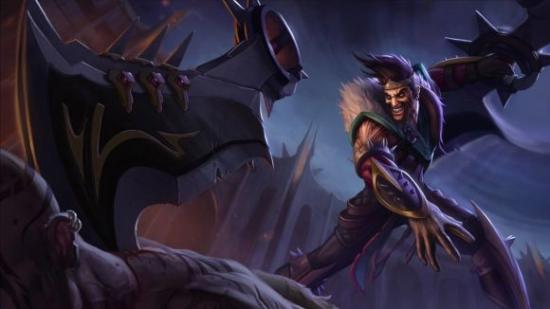It’s no longer much of a secret that League of Legends developers Riot Games are working on some new game ideas. But while they explore genres for a new title, closer to home there’s one thing that Riot don’t seem too keen to add to their current game – Battle Royale.
In the most recent Ask Riot thread, which aimed to look back at some of the most interesting (and commonly-asked) questions of the year so far, someone asked “Is Riot Games going to follow the newest trend and add battle royale to the game?” The answer was a relatively emphatic no.
In their response in that thread, LoL’s design director Ghostcrawler said that “I think to make a game in 2018, you are supposed to have some kind of Battle Royale mode.” Not only would Riot not be the first game to jump on the trend, they wouldn’t even be the first MOBA – Battlerite is currently developing its own battle royale, which its developer has recently announced will be released as a standalone title rather than a new game mode.
Ghostcrawler, however, makes it clear that the demands of a battle royale mode are beyond what League of Legends can handle, saying that “we had a really hard time even getting [six-person mode] Hexakill to work. I’m not sure if we could get 100 or more champions in the game without a ton of engineering effort.”
That said, there’s clearly some appreciation for the genre, as Ghostcrawler goes on to say that “there are some really cool things that Battle Royale does that we’d love to bring to League. For example, the expectation that you probably won’t win – you’ll probably lose – is a really nice element.”
Ghostcrawler also says that “we’d love if there was a game mode where you’re there to do kind of crazy things and see how far you can get, versus just crush the enemy team, but whatever form that takes probably can’t be a Battle Royale.”
That doesn’t rule out a spin-off as part of a new League of Legends game, though. The new interactive world map Riot released last month pointed us to a world rich enough to potentially play host to a League of Legends MMO. If there’s enough room for one of those, I don’t see that there’s couldn’t be room for Draven to host a sadistic battle royale of his very own.
